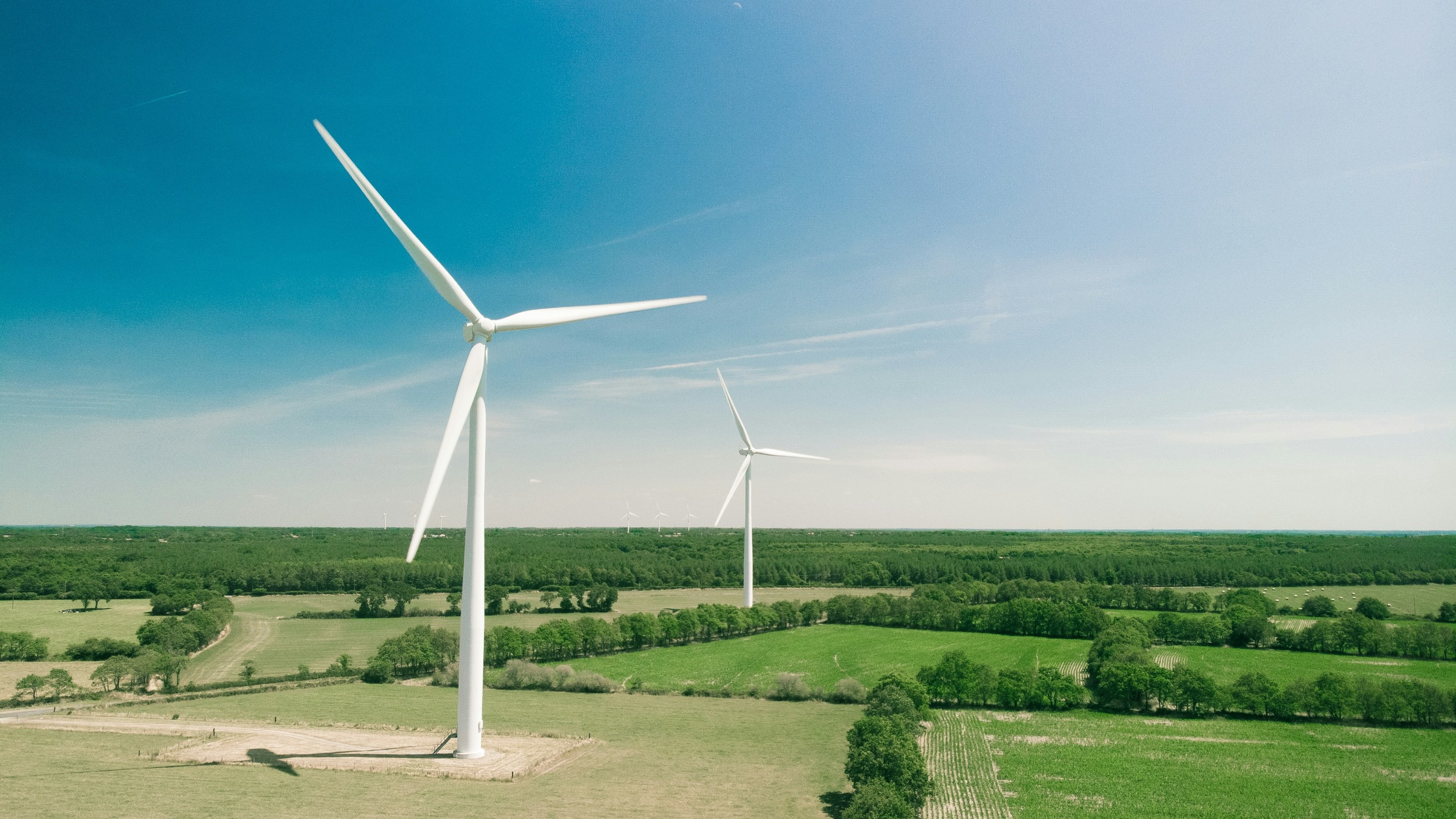
Camilla has worked in international Executive Search since 2018, initially specialising in Government and Regulation, and Natural Resources working on C-suite and Board placements. At Acre she works on research strategy and project delivery across our markets as well as searches, she has executed advisory pieces and thought leadership reports for high profile clients including Tesco, Decathlon, Drax, Rio Tinto, and SHV Energy to name a few.
She holds a Bachelor’s degree in Spanish and Portuguese from the University of Bristol and also speaks French. She is a committee member of Women In Mining UK.
Featured Articles from Camilla's team
Open Positions from Camilla's Team

